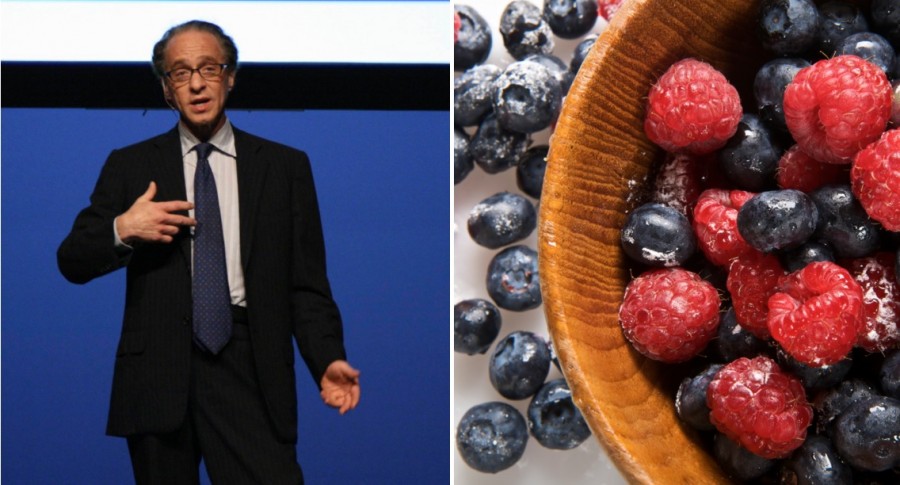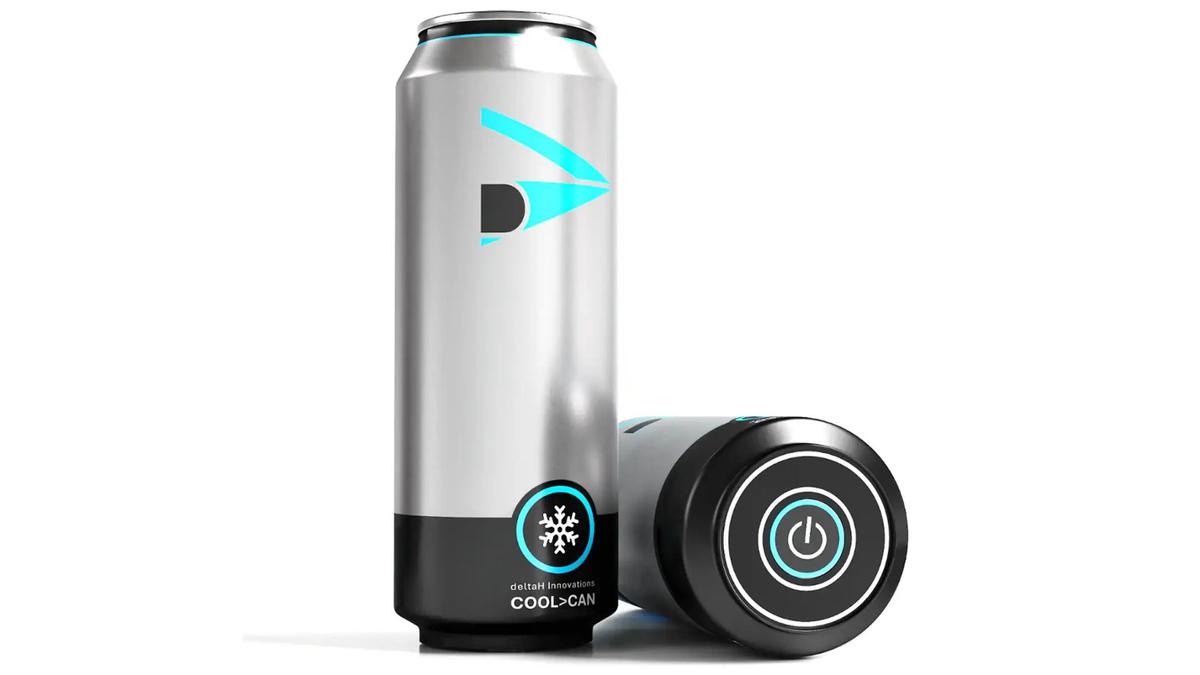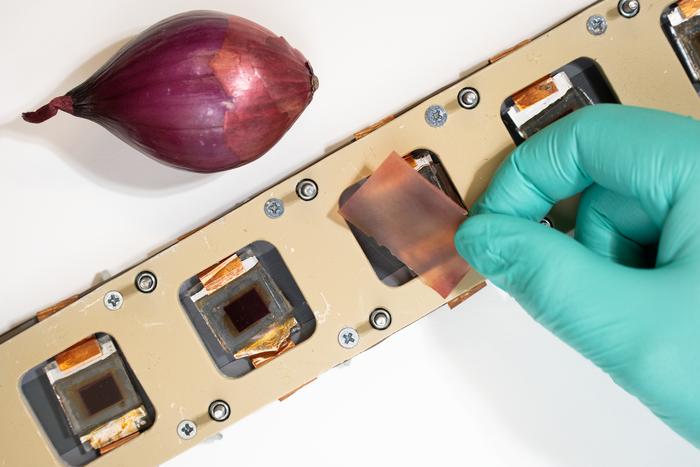Here’s the 700-Calorie Breakfast Google’s Lead Futurist Claims Will Help Him Live Forever

Ray Kurzweil is considered to be one of the brightest thinkers and innovators of our century. Kurzweil, 68, has received numerous prestigious accolades including the MIT-Lemelson Prize, one of the largest in technology, and the National Medal of Technology from President Clinton. He is credited with creating the first print-to-speech reading machines for the blind and the first music synthesizer in collaboration with Stevie Wonder.
Kurzweil, Google’s leading futurist who spearheads a team of over 40 experts, recently revealed to Playboy his recipe for immortality, a goal he believes humans will be close to attaining as early as 2029. Kurzweil told Playboy:
“I believe we will reach a point around 2029 when medical technologies will add one additional year every year to your life expectancy. By that I don’t mean life expectancy based on your birthdate, but rather your remaining life expectancy.”

According to Kurzweil, he spends a few thousand dollars per day, an estimated $1 million a year, on maintaining his diet and eating habits. Apparently, the author and scientist takes 100 pills a day, which is a lot less than the 250 pills he used to pop a few years ago thanks to advances in technology. The pills cover everything from improving his heart, eyes, and brain to his sexual health.

As for his breakfast, it consists mainly of healthy carbs, protein and fiber. He told the Financial Times that he eats roughly 700 calories every morning that includes:
- A cup of berries (85 calories)
- An ounce of dark chocolate infused with espresso (170 calories)
- Smoked salmon and mackerel (100 calories per 3-ounce serving)
- Cup of vanilla soy milk (100 calories)
- Half a cup of porridge (150 to 350 calories)
- Green tea (zero calories)
- Stevia (zero calories)
According to Kurzweil, aside from healthy living and advances in technology, biotechnology is particularly what will help humans live longer lives. He told Playboy:
“It’s beginning to revolutionize clinical practice and will completely transform medicine within one to two decades. We’re starting to reprogram the outdated software of life — the 23,000 little programs we have in our bodies, called genes. We’re programming them away from disease and away from aging.”






















